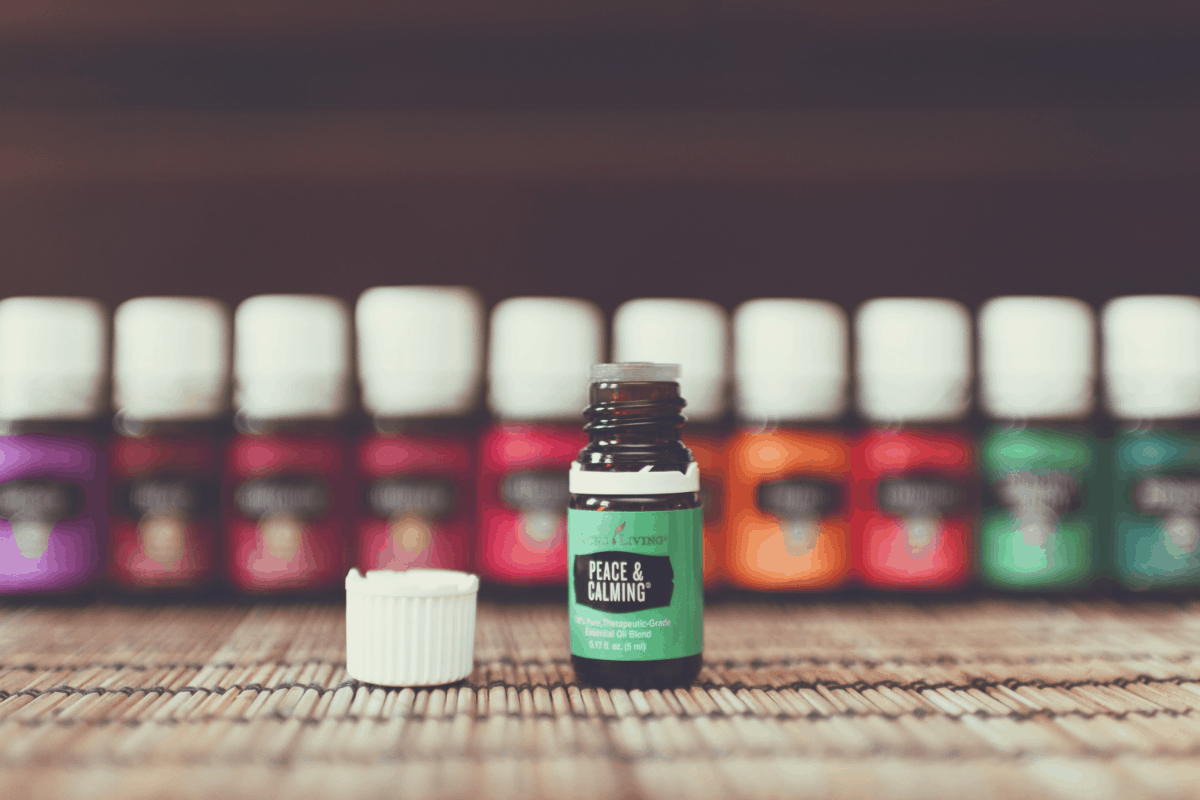Essential oils have been around for millennia and used as remedies for a slew of health issues. Then they fell out of favor as pharmaceutical sciences evolved.
But in the past half of a century we have revisited them, and today they have once again become mainstays in society.
One area where essential oils have great promise is in the management of diabetic complications, in particular, to assist with the maintenance of diabetic feet.
Unlike a normal person’s feet, diabetic feet are a perfect storm brewing, which if not monitored, can spell big trouble for the diabetic individual.
Essential oils are an effective way to support the health of diabetic feet, and when used judiciously can help save your lots of heartache down the road.
Wondering what makes these seemingly innocuous oils so good? Let’s check it out!
How Can Essential Oils Help?
To understand how essential oils can benefit diabetic feet, we need to understand what the daily symptoms may include. Diabetic feet are prone to experiencing:
Numbness
Diabetic neuropathy, (numbness in the feet) is extremely common in diabetics and is a major source of undetected complications.
Diabetes affects normal vascular structure and blood flow, especially to cells and tissues furthest away from the body (the periphery).
When blood flow to the feet is impaired, nerves located in this region start to become affected.
At first, it may manifest as tingling or transient numbness, but if the disease progresses in conjunction with other metabolic conditions (such as high blood pressure), the prognosis is substantially worsened and eventually complete loss of sensation affects the feet.
Subsequently, the risk of
Infections
Hand in hand with poor circulation is the risk of developing infections, for a few reasons.
For one, as your feet lose sensation, you are less likely to realize when your feet have been injured, from something such as hitting your feet, to a minor cut.
Unless you are diligent with checking your feet every single day, these can get worse in a rush.
Healing is also much more difficult, as the impaired blood flow slows down the rate at which immune cells and mediators of repair are able to reach the site of injury, in addition to poor penetration of medication used to manage the infection.
Bacteria are allowed to thrive and can result in complicated infections that leave no option except an amputation. This is why diabetic amputations are so common.
Insomnia
Insomnia can occur for several reasons, but many people with diabetes attribute much of this to their feet.
It can be a major change to lose virtually all sensation in your

Loss of sleep, in turn negatively affects many other aspects of health, raising the levels of the stress hormone cortisol and causing you to use stimulants throughout the day to stay alert.
Long term stimulant use will disrupt neurotransmitter levels and further complicate your sleep.
Best Essential Oils To Help With Diabetic Feet?
All essential oils are not the same. In fact, their effects are as diverse as there are plants on the earth.
However, there are a few which have garnered a great reputation for helping to support your precious feet.
Your best options to start with are the following:
1. Peppermint Essential Oil
This oil is well known and used for the management of respiratory conditions. However, it is also very helpful for dealing with the complications of diabetic feet.
Peppermint oil can help to reduce pain owing to peripheral neuropathy. Interestingly, it also helps to improve blood circulation because of its cooling action.
By reducing temperature, blood surges back in to help establish homeostatic temperature balance.
A smart way for improving blood flow and possibly nipping complications in the bud.
2. Lavender Essential Oil
Lavender oil is well known for its characteristic sweet smell, but apart from this lovely aroma, it has some real-life therapeutic efficacy.
So how can lavender help you deal with feet issues?
For one, lavender oil possesses analgesic action which can help relieve the cramping or pain associated with diabetic neuropathy and poor circulation.
If you’ve ever awoken in the middle of the night with cramps in your calves you probably can sympathize with diabetics who may experience cramps of a similar nature on a nightly basis.
In addition to this, the calming nature of lavender essential oil can help relieve anxiety and stress, allowing you to get some much-needed rest.
It also possesses some mild anti-spasmodic action to reduce the likelihood of cramps occurring as well.
3. Tea Tree Oil
Diabetic neuropathy and pain, while the most common source of diabetic feet issues, is far from the most severe.
Infections can take a negative turn real fast, especially if taken for granted and not diligently monitored.
One such essential oil that can help you along the way is tea tree oil.
A recognized anti-septic agent, tea tree oil can reduce the likelihood of complications occurring if applied after a wound is detected.
It helps to slow down the rate of bacterial multiplication and colony size, supporting the compromised immune system with its job.
It also possesses anti-inflammatory actions that can decrease the breakdown of proteins in the skin and save you from pain and tenderness.
Taking wounds that penetrate the skin very seriously can diminish the likelihood of developing a diabetic ulcer.
4. Rosemary Essential Oil
Though rosemary is most well known as a tasty garnish in foods, rosemary oil can help to improve local circulation to the site which it’s applied.
In this case, massaging around the feet can help to support blood flow and help ameliorate the impaired circulation common in diabetics.
It can also help to alleviate pain by assisting with the removal of metabolic byproducts and mediators of pain from localized sites.
Summary of Essential Oils for Diabetic Feet
There are other essential oils that can benefit diabetics and
However, most of them work through mechanisms that are similar to the ones outlined above but may prove much more difficult to get your hands on.
Oils such as Myrrh, Frankincense, Clary sage and Vetiver are others that can be used. What remains clear regardless of your choice is the fact to institute changes as soon as possible.
Doing so will reduce the likelihood of experiencing a complication and preserving the health of your feet.
It’s always wise to consult your doctor for advice before undertaking any specific treatments for a serious illness like diabetes.




